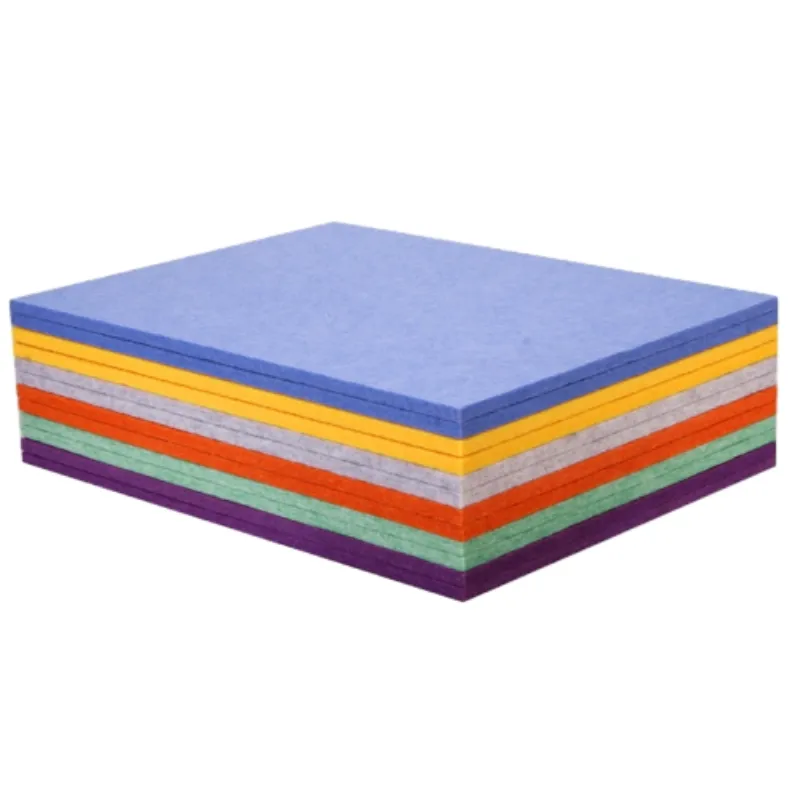High-Performance Industrial Felt Rolls for Versatile Applications and Enhanced Durability
The Versatile Applications of Industrial Felt Rolls
Industrial felt rolls are an essential component in a wide variety of manufacturing and production processes. Made from densely compressed fibers, felt has unique properties that make it suitable for an array of applications across multiple industries. This article explores the characteristics, manufacturing process, and diverse applications of industrial felt rolls, emphasizing their importance in modern industrial settings.
Characteristics of Industrial Felt Rolls
Industrial felt is known for its durability, density, and absorbent qualities. It is generally made from natural fibers such as wool, synthetic fibers like polyester, or a blend of both. One of the primary advantages of felt is its ability to withstand significant wear and tear while maintaining its structure. Felt rolls can be produced in various thicknesses, densities, and widths, making them customizable for specific applications.
The non-woven construction of felt provides an excellent sound-dampening feature, making it an ideal choice for applications requiring noise reduction. Additionally, felt is resistant to wear and friction, which makes it particularly useful in situations where moving parts are involved. Furthermore, its insulating properties make it effective for thermal applications, protecting sensitive components from temperature fluctuations.
Manufacturing Process
The manufacturing process of industrial felt rolls involves several key steps
. First, fibers are selected based on the desired properties of the finished product. Wool is favored for its natural resilience and insulation capabilities, while synthetic fibers provide enhanced durability and resistance to moisture.Next, the chosen fibers are processed through a carding machine, which separates and aligns them before they are layered. The fibers are then combined and subjected to heat and pressure in a felting machine, which interlocks the fibers to create a solid sheet of felt. Once the desired thickness and density are achieved, the felt is rolled and cut into specified dimensions. Quality control checks are crucial throughout the process to ensure that the final product meets industry standards and customer requirements.
industrial felt rolls

Diverse Applications
Industrial felt rolls have an extensive range of applications across various sectors, including automotive, aerospace, electronics, and manufacturing.
1. Automotive Industry In the automotive sector, felt is commonly used as a noise and vibration dampening material. It is placed in door panels, dashboards, and under the hood to absorb sound and reduce vibrations, enhancing passenger comfort. Additionally, felt is utilized in gaskets and seals, providing effective insulation and protection against the elements.
2. Aerospace Applications In aerospace, the lightweight yet durable characteristics of felt make it suitable for numerous applications, including thermal insulation for components and sound proofing for cabin interiors. Felt can also be used in various structural parts, increasing the overall efficiency of aircraft.
3. Electronics The electronics industry benefits from felt’s anti-static properties, making it an effective choice for protective packaging of sensitive components. Felt strips and pads are also commonly employed to cushion delicate items during transit.
4. Manufacturing and Machinery In manufacturing, felt rolls are often used as pads for machinery, acting as a barrier to prevent metal-to-metal contact and reducing friction. This prolongs the lifespan of equipment and enhances operational efficiency.
Conclusion
Industrial felt rolls are a testament to the versatility and functionality of felt materials in various industrial applications. Their unique properties, including durability, density, insulation, and absorbency, make them invaluable in numerous sectors. As industries continue to evolve, the demand for high-quality industrial felt rolls is likely to grow, driven by advancements in technology and the need for sustainable manufacturing solutions. By understanding the characteristics and applications of industrial felt, businesses can make informed decisions that enhance their production processes and overall efficiency.
-
What Makes Felt a Great Choice?NewsNov.19,2024
-
Total Mixed Ration (TMR) Feed for CattleNewsNov.19,2024
-
The Ultimate Guide for Felt Polishing WheelsNewsNov.19,2024
-
Industrial Felt for Various ApplicationsNewsNov.19,2024
-
Felt Makeup Bags and Inserts BagsNewsNov.19,2024
-
Choosing the Right Hotel TowelsNewsNov.19,2024
-
Your Go-To Guide For Affordable Wholesale Wool FeltsNewsOct.31,2024







